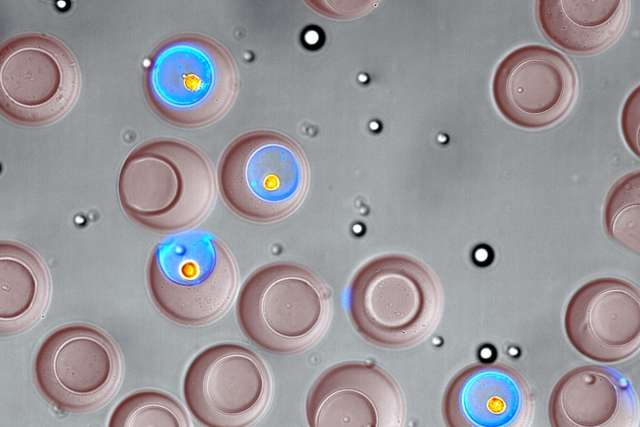Dr. Edward Garon, UCLA Jonsson Comprehensive Cancer Center member and associate professor of hematology and oncology at the David Geffen School of Medicine, has received a five-year, $3.2 million grant from the National Institutes of Health to advance the understanding of how people with non-small cell lung cancer respond to immunotherapy.
By accurately selecting those who stand to benefit from this approach, the research has the potential to profoundly change the way that patients with this common cancer are treated.
Lung cancer is the leading cause of cancer deaths worldwide, and the American Lung Association estimates more than 158,000 people in the United States will die from the disease this year. Non-small cell lung cancer accounts for approximately 85 percent of all lung cancers.
Immunotherapy using anti-PD-1 antibodies has revolutionized the treatment of this and a growing list of other cancers. Pembrolizumab (marketed as Keytruda), an immunotherapy drug that was extensively evaluated by Garon, received full approval by the U.S. Food and Drug Administration for people with non-small cell lung cancer in 2016. Garon's groundbreaking research laid the foundation for the FDA to approve the drug as first-line treatment for the disease.
The first-line designation means that some patients now have access to the pembrolizumab without first having to receive other treatments such as chemotherapy, and greatly increases the patient population that can benefit from the drug.
With the NIH’s funding, Garon and his team aim to define the clinical characteristics and properties of the tumor and immune microenvironment that predict patient response to PD-1 inhibition, and create and validate these models. By identifying features of tumors that prevent current immunotherapies from being effective, Garon hopes the research can lead to the development of new ways to use immunotherapies to treat people with cancer and other diseases.
“Anti-PD-1 therapies are among the greatest recent advances in the fight against cancer, and by better understanding who is most likely to respond to these treatments and why, we can develop truly personalized strategies to help people this disease,” said Garon. “I am tremendously thankful for the support of the National Institutes of Health and am very excited that we now have the potential to build a new roadmap to improve cancer outcomes.”




